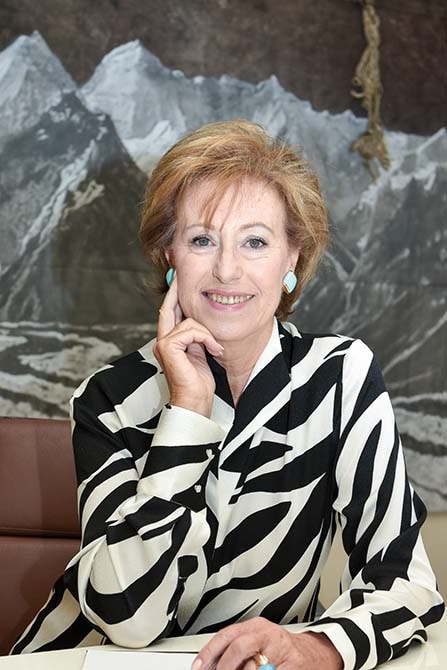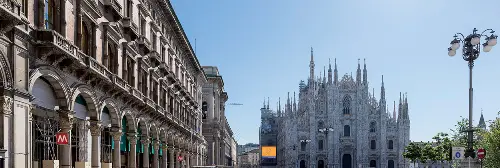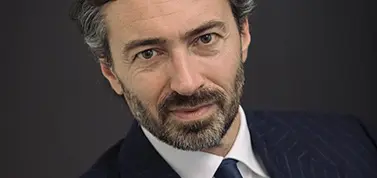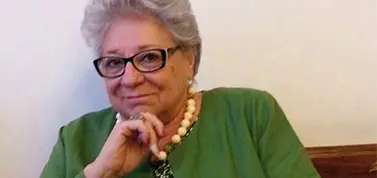Business culture for Africa
Letizia Moratti, the founder and president of the E4IMPACT Foundation, explains the project’s aims and goals.
A businesswoman in finance and telecommunications, Letizia Brichetto Arnaboldi Moratti was the first woman to be the head of RAI Italian State Broadcasting Company (1994-1996). She was the Italian Minister of Education, University and Scientific Research from 2001 to 2006. In May 2006 she was elected Mayor of Milan and it was during her term in office that the city was selected to host Expo 2015.
A businesswoman in finance and telecommunications, Letizia Brichetto Arnaboldi Moratti was the first woman to be the head of RAI Italian State Broadcasting Company (1994-1996). She was the Italian Minister of Education, University and Scientific Research from 2001 to 2006. In May 2006 she was elected Mayor of Milan and it was during her term in office that the city was selected to host Expo 2015. The Italian government appointed her to be its Special Commissioner for this historic event. Since 2012 she has been President of the Ethics Commitee of the Guarantors, Microfinance National Institution and San Patrignano Foundation ONLUS projects. She is member of the Italian Advisory Board – Social Impact Investment Taskforce established by the G8. She is member of the International Board of the Movement for the Positive Economy of Jacques Attali and is in charge of the Movement for Italy. She has been President of the E4Impact Foundation since she set it up in 2015.
When and how did you get the idea for E4Impact?
The E4Impact project was set up in 2010 by Altis (Graduate School of Business and Society of Università Cattolica di Milano) to support business projects aimed at helping Africa develop through a major working partnership with African universities focused on educating a new generation of socially-driven business people. I first heard about this project in spring 2015 and with the backing of a number of businesses we created the E4Impact Foundation, which, in addition to the Università Cattolica, now involves a number of leading Italian businesses, including Mapei, Salini-Impregilo, Bracco, ENI and Intesa Sanpaolo.
E4Impact has grown considerably thanks to the experience gained out in the field. The project currently involves 7 African countries but is planned to be expanded to a total of 15 by 2020, ultimately aiming to train over 500 new business people every year, who will, in turn, create thousands of jobs.
Africa is a big continent with a youthful population and lots of raw materials, but it is “poor” in expertise. What projects is the Foundation working on and which African nations does it work in?
As I have said, the Foundation’s purpose is to try and sow the seeds of “business” in as many African nations as possible to enable these communities to grow and develop.
So far E4Impact has trained over 650 young business people on courses it holds in Kenya, Uganda, Ivory Coast, Sierra Leone, Ghana, Senegal and Ethiopia. 33% of these people - i.e. one third of the total number - already had their own business, while the remaining 67% were keen to set one up.
73% of the people who took part now have their own business and it is interesting to note that 100% of those who were already running a company have seen their turnover and income increase.
60% of the others have now set up their own new business venture, while almost all the remaining 40% have made progress in their careers in the places where they work. 3500 jobs have been created by business people trained by E4Impact.
E4Impact has recently set up a business accelerator in Nairobi in partnership with the Italian Agency for Development Cooperation, which will further boost development and growth in partnerships with Italian companies interested in promoting positive social impact.
Expo was a great chance for the city of Milan to develop. Are you happy with the way it turned out or do you think the event could have been organised differently? What kind of legacy has it left for the city now that it is over?
Personally speaking, Expo 2015 was my flagship project when I was in charge of the city of Milan and I am particularly proud of it, because when Milan won the bid to host the event back in 2008, it was already clear that when everybody in Italy pulls together as a nation it can do wonderful things.
Universities, Research Centres, Banks and Trade Unions all worked together on the project in close partnership with national and local institutions, showing the kind of ability to dialogue and interact that should be replicated in all projects, not just those of this scale.
Moreover, I think that the Expo was a dream that has resulted in the entire city showing a real desire to excel and boost its image and reputation, thanks also to the help of a number of enlightened business people, like Giorgio Squinzi, who backed the project through the Fondazione Amici di Expo organisation.
Perhaps my only regret is not having seen all the international cooperation projects initially envisaged actually carried out.
Did the Expo also provide the opportunity to draw attention to faraway countries that are often forgotten, such as certain African nations?
Yes, it certainly did, particularly through the cooperation projects. It provided the chance to help hit those Millennium Development Goals, which have later been transformed into Sustainable Development Goals.
Africa was a long way off from hitting these targets, particularly in the fields of education and health, so we set up various projects to help African nations develop the skills and expertise required to achieve these goals.
Milan has a new skyline and renewed determination to succeed, and that is partly thanks to your work as the city Mayor. Nevertheless, big cities will inevitably face some tough challenges in the future. Can these future challenges be taken on without anybody losing out?
I think that has to be the case. Milan has huge potential and accounts for 10% of the Italian GDP and has twice the innovation rate compared to the national average. Milan’s welfare system is also at the cutting edge and the very first social bank and bank for immigrants were set up in this city. Milan is a city of social inclusion, culture and innovation, and it must set the benchmark for the rest of the country, a striking example of economic development and growth that leaves nobody behind.
In your book “Milano tra storia, realtà e sogno” (Milan: its history, reality and dreams”) you talk about a great dream that all cities ought to have. What is Milan’s dream at the moment?
I would like our city to become a sort of Silicon Valley focused on issues connected with quality of life and sustainability. I am thinking about a contemporary art museum that will allow Milan to project itself into the future, as befits a city with this kind of potential. And I would also like Milan to have its own Central Park, a place where local people can congregate that is also a major tourist attraction for the city.
